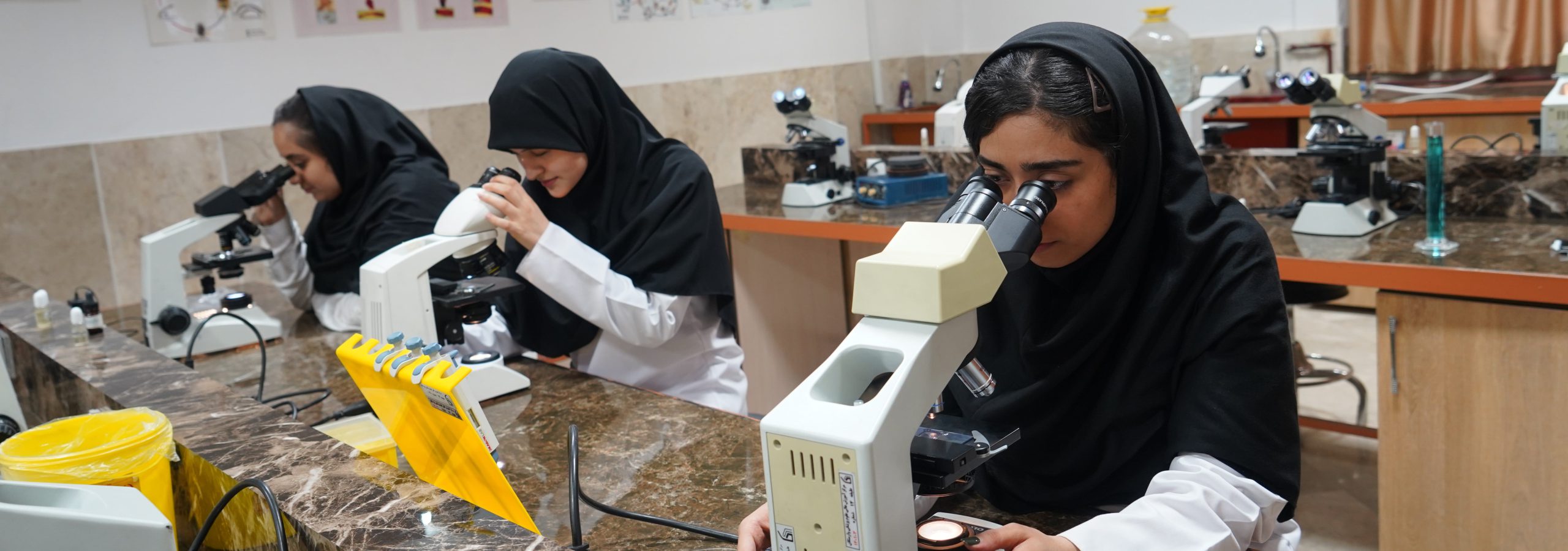Introduction to Laboratory Sciences
What is Laboratory Sciences?
Laboratory Sciences is a branch of medical science focused on analyzing human blood, fluids, and tissues in laboratories for disease diagnosis, treatment follow-ups, and health maintenance. As the name suggests, most work hours in this field are spent in laboratories, offering better working hours compared to professions like nursing.

Who is this field suitable for?
This field is ideal for students interested in healthcare, research, education, and diagnostics. If you are passionate about biology and lab work, it might be a great fit. With good career prospects, including diverse job opportunities, stable income, and ease of immigration to leading global universities, this field offers significant advantages. It is also relatively easier compared to other allied medical fields, ensuring success for those with interest and talent.
Career Opportunities:
Graduates can work in various settings as professionals conducting clinical and research-related tests. Opportunities include:
Bachelor's graduates can continue their education in related fields such as genetics, biochemistry, hematology, immunology, microbiology, virology, parasitology, biotechnology, and more, at master’s and Ph.D. levels.
The most important courses in this field include: Cellular and Molecular Biology, Physiology, General Biochemistry, Anatomy with Laboratory, Histology, General Microbiology, Parasitology, Virology, Medical Immunology, Medical Biochemistry, Medical Mycology, Hematology, Pharmacology, Pathology, Medical Genetics, Bacteriology, Introduction to Internal Diseases, Toxicology, and Hormone Science.
Contact Us
Brochures
View our 2020 Medical prospectus of
brochure for an easy to read guide on
all of the services offer.






